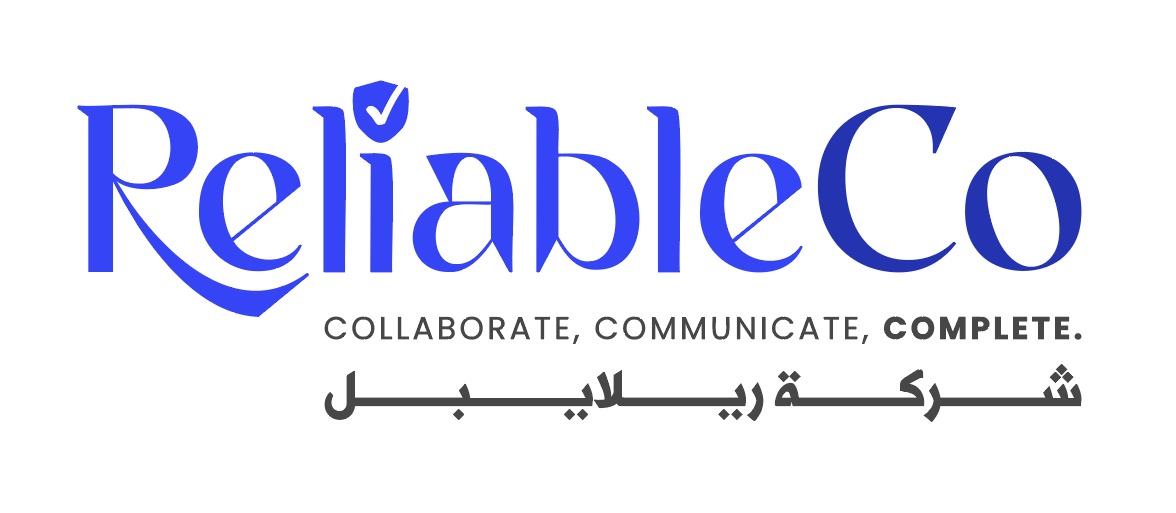PROGRAM MANAGEMENT

PROGRAM MANAGEMENT
Program Management is an organizational function that oversees a group of individual projects linked together through a shared organizational goal or common area of impact. The benefit is a consistent level of governance and application of standards across multiple projects. With a single point of oversight, project statuses can be easily rolled up for a global view; this allows for baseline quality requirements to be evenly and equally enforced.
RELIABLE GLOBAL TECHNICAL SERVICES can help you to achieve the best outcomes by effectively managing projects’ inter-dependencies, multiple and diverse stakeholders and competing project needs. As organizations operate in ever more complex environments, the risks associated with delivering successful programs significantly increase. Our approach is to work most effectively with you to deliver the best solutions to meet your requirements and goals.
The following are part of OUR PROGRAM MANAGEMENT SERVICES
- Strategic Advice
- Procurement Advice
- Commercial & Cost Management
- Program Governance
- Project Controls
- Client’s Represen -tation
- Strategic Advice
Frequently Asked Question
Program Management Services involve coordinating and managing multiple related projects within an industrial plant to achieve strategic objectives. It encompasses planning, execution, and monitoring to ensure that all projects align with the overall goals and deliver desired outcomes.
Program Management Services are crucial for ensuring that all projects within a program are executed efficiently, resources are optimized, risks are managed effectively, and strategic objectives are met. They provide a structured approach to managing complex, interrelated projects.
Roles and Responsibilities
Responsibilities include defining program objectives, planning and scheduling, resource allocation, risk management, stakeholder communication, overseeing project managers, monitoring program progress, and ensuring that the program delivers the intended benefits.
While project management focuses on individual projects, program management involves overseeing multiple related projects to ensure they collectively achieve strategic goals. Program management looks at the bigger picture, aligning projects with organizational objectives and managing interdependencies.
Processes and Procedures
The typical steps include defining the program scope and objectives, planning and scheduling projects, allocating resources, managing risks and issues, monitoring and controlling program progress, ensuring quality, and communicating with stakeholders.
Program risks are identified through risk assessments, stakeholder consultations, and analysis of project interdependencies. Risk management involves developing mitigation strategies, monitoring risks continuously, and adjusting plans as needed to address potential issues.
Stakeholder management is crucial for ensuring that all parties involved are informed, engaged, and supportive of the program’s objectives. It involves regular communication, managing expectations, and addressing concerns to maintain stakeholder satisfaction and program alignment.
Tools and Techniques
Common tools include program management software like Microsoft Project, Primavera P6, and Planview, as well as tools for resource management, risk management, and communication platforms for collaboration and reporting.
Effective resource allocation is ensured through detailed planning, prioritizing projects based on strategic importance, balancing workloads, managing resource availability, and using tools to track and optimize resource utilization.
Best Practices
Best practices include clear definition of program objectives, robust planning and scheduling, effective communication with stakeholders, continuous monitoring and adjustment of plans, proactive risk management, and fostering a collaborative team environment.
Program Management Services ensure that all projects within the program are aligned with strategic goals, resources are used efficiently, risks are managed, and deliverables meet quality standards. This structured approach helps in achieving the desired strategic outcomes.
Industry-Specific Questions
Changes in program scope are managed through a change management process that involves assessing the impact of proposed changes, obtaining necessary approvals, updating program plans and schedules, and communicating changes to all stakeholders.
Quality management ensures that all deliverables meet specified standards and requirements. It involves implementing quality assurance (QA) and quality control (QC) processes, conducting regular audits, and ensuring continuous improvement throughout the program.
Sustainability is integrated by ensuring that projects within the program adhere to environmental standards, use sustainable materials, optimize energy efficiency, and implement practices that reduce environmental impact and promote long-term sustainability.
Effective communication is ensured through regular meetings, status reports, communication plans, collaborative platforms, and stakeholder engagement strategies. Clear and consistent communication helps in aligning all projects with the program objectives and addressing issues promptly.
What We Provide
Have Additional Questions? Contact Us!
Phone Number
+966 56 391 3902
Mail Address
info@reliabletech.sa
